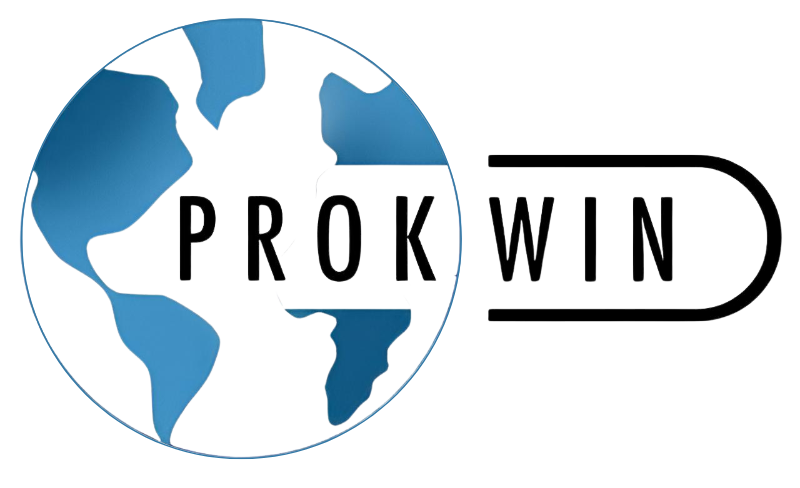Want the best plan to manage spend? ——–> Follow the categories!
Imagine you’re a procurement detective, armed with a magnifying glass, diving into a sea of invoices, contracts, and suppliers. Where do you start?
Your mission? Uncover the hidden potential of the spending.
Your secret weapon: category management, follow the categories, they hide the clues…
Let’s start:
Step 1: The great categorization
Categorize your spending. Think of it like sorting your laundry: you’ve got your everyday tees (low-value, low-risk), your fancy suits (high-value, high-risk), and everything in between.
Step 2: The spending sleuth
Get your magnifying glass and analyze your spending data. You’re looking for clues, trends, and opportunities to save money. It’s like finding a hidden treasure chest in your own backyard.
Step 3: Supplier superheroes
Classify your suppliers into heroes, sidekicks, and villains. Your heroes are your strategic suppliers, the ones you can rely on. Your sidekicks are reliable but less critical, and your villains… well, let’s just say they need some improvement.
Step 4: The strategic blueprint
Now it’s time to create a battle plan for each category. You set clear objectives, tactics, and KPIs. It’s like a superhero’s mission statement, outlining how you’ll conquer each category.
Step 5: The supplier showdown
You go head-to-head with your suppliers, negotiating like a seasoned pro. You’re not just buying products or services; you’re forging partnerships.
Step 6: The contract chronicles
You lock down your deals with ironclad contracts, ensuring compliance and performance. It’s like a legal shield, protecting your organization from any potential pitfalls.
Step 7: The performance parade
You keep a close eye on your suppliers, monitoring their performance like a hawk. You reward the good performers and address the underachievers.
Step 8: The continuous improvement crusade
You’re always on the lookout for ways to improve. You’re constantly reviewing your strategies, seeking feedback, and exploring innovative solutions. It’s a never-ending quest for perfection.
Now that we figured out how to handle the mission! Let’s be practical & simplify…& remember like with any plan we need to remain flexible and adaptable…
Let’s practice now 👇
What steps did I miss? what can we improve?
CATEGORIES:
Tags:

No responses yet